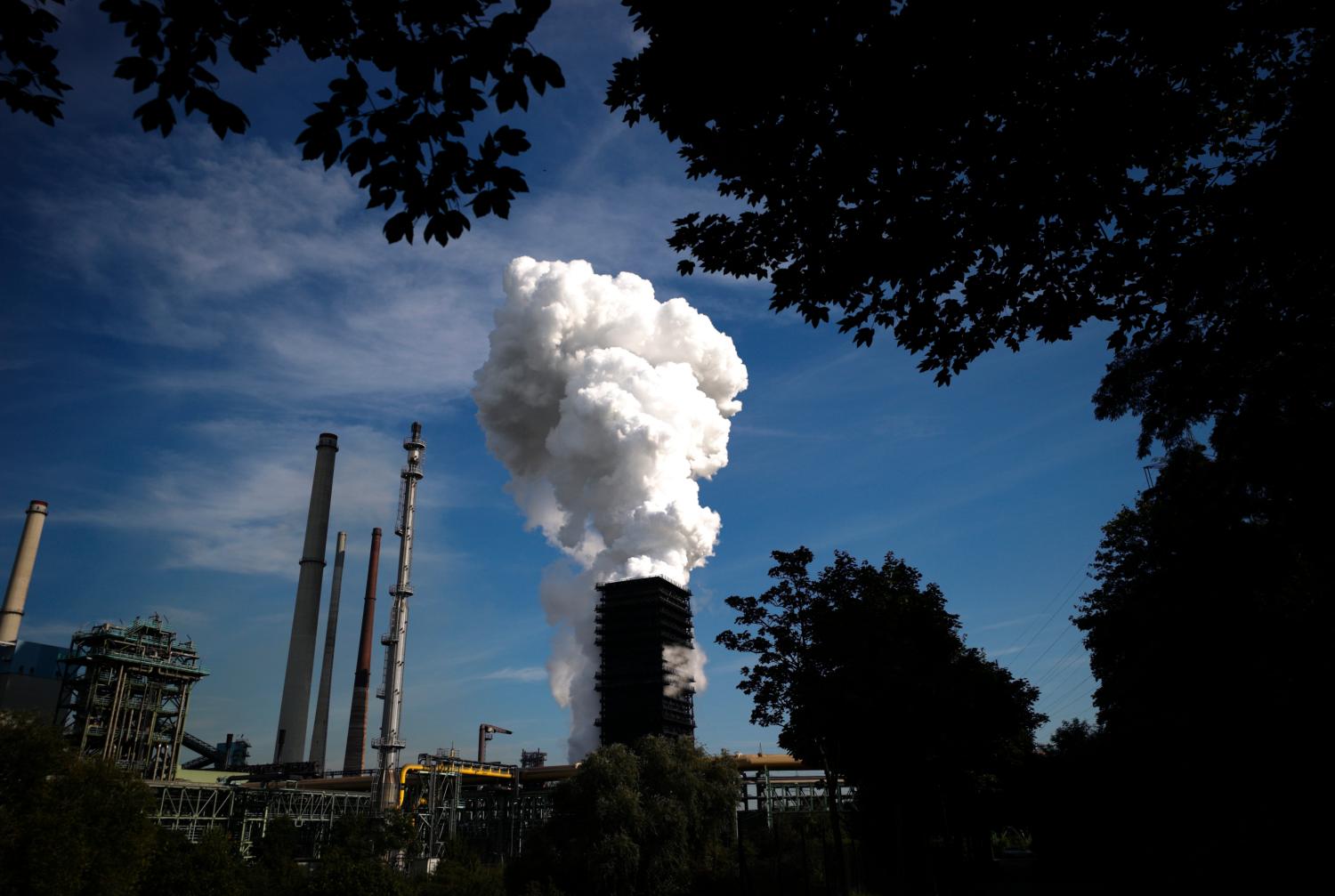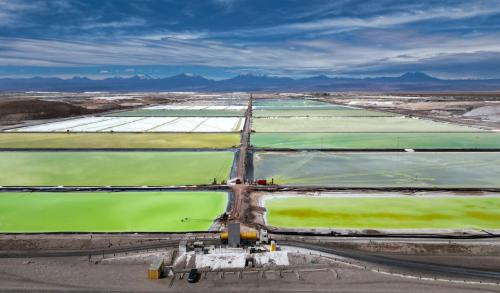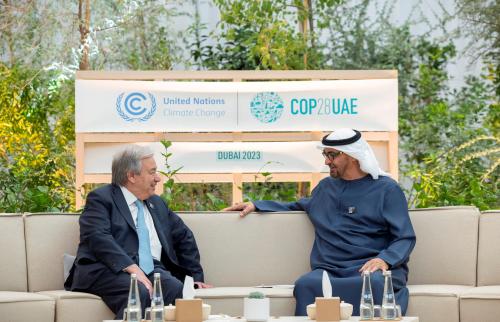Imagine that you could wave a magic wand and provide everyone in the world with easy access to clean and affordable energy. In one stroke you would make the world a far cleaner, richer, fairer, and safer place. Suddenly, a billion and a half of the world’s poorest people could discover what it is like to turn on an electric light in the evening. The looming threat posed by climate change would largely disappear. From the South China Sea to the Middle East to the Arctic, geopolitical tensions over energy resources would fade away. Human health would benefit, too, as vaccines and perishable foods could be refrigerated the world over. And many of the world’s most corrupt government officials could no longer enrich themselves by bleeding their countries dry of revenues from fossil fuel sales.
It may seem implausible that improving the performance of a single sector of the global economy could by itself have such extraordinary benefits, until we consider how central the energy sector is to the global economy. Energy is the means by which all else happens. The Industrial Revolution was, in essence, a transformation from economic systems reliant on human and animal power to ones based on far more concentrated forms of power. As the Nobel economics laureate E. F. Schumacher noted, energy as we understand it today is “not just another commodity, but the precondition of all commodities, a basic factor equal with air, water, and earth.”
This centrality makes the provision of energy services a matter of basic distributional justice, which the world is failing to achieve. And the dysfunctional means by which energy services are currently provided raise a host of additional ethical dilemmas, imposing heavy environmental and social costs on those who benefit least from such energy services and who are least able to cope with such costs.
There is nothing inevitable about the current situation. It would not be technologically impossible to transform the energy sector into one that does a much better job of meeting energy needs without imposing such great costs. A plethora of credible reports and road maps show ways to apply existing technologies and quickly develop new ones that can dramatically improve the global energy system.
And in a wide range of global agreements, declarations, standards, and codes the world’s governments have largely agreed that what is needed is an energy system that simultaneously achieves four goals:
• Energy security
• Alleviation of energy poverty
• Environmental sustainability, particularly but not only related to climate change
• Good domestic governance free of high levels of corruption
The means to achieve these goals are not yet in place, due to widespread and deep-rooted failures of energy governance at both the national and global level. This essay will examine the problems created by those governance failures, explore why the failures persist, and investigate new governance approaches that exploit a variety of potential points of leverage that could help transform the existing energy system.




